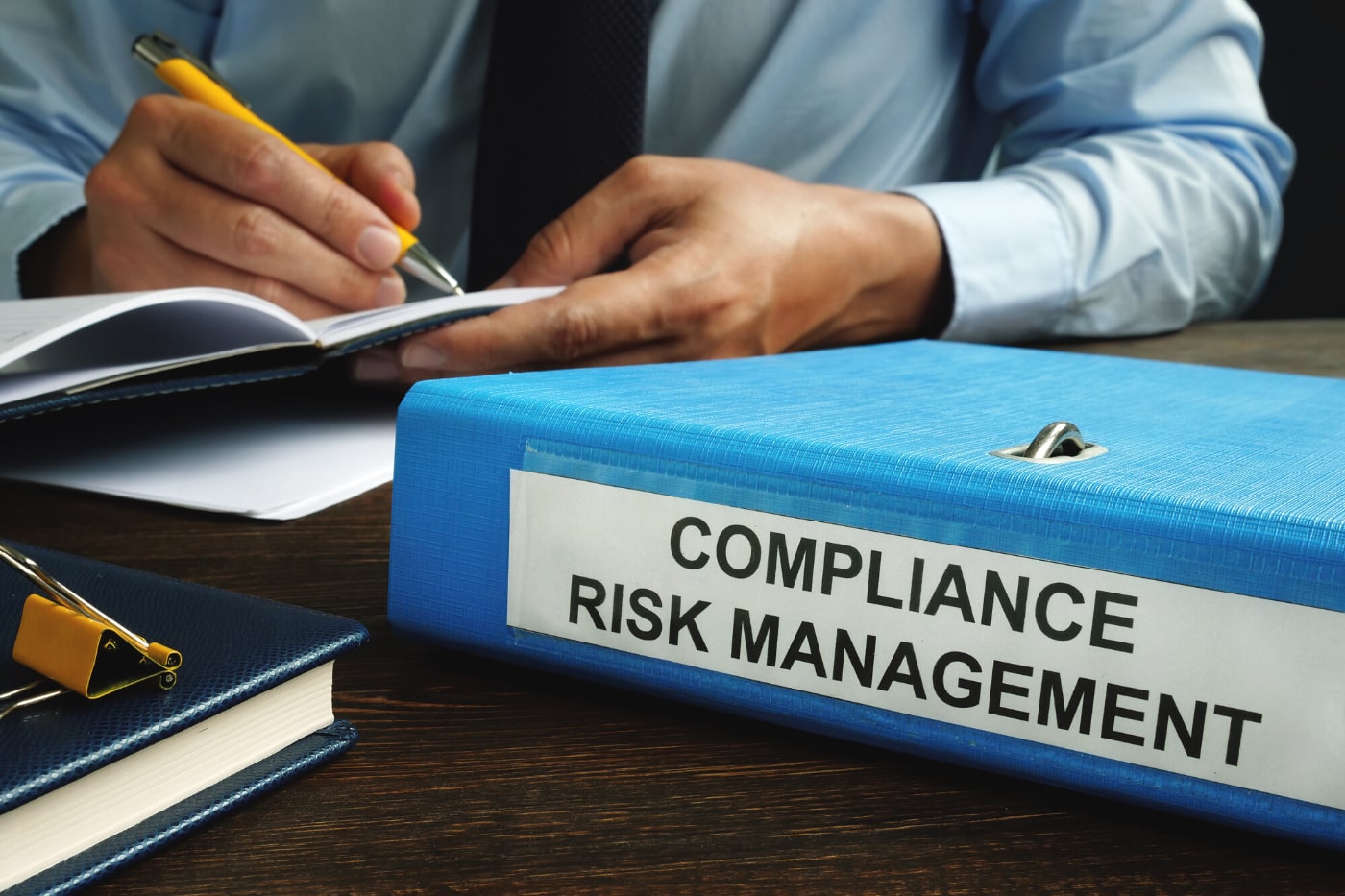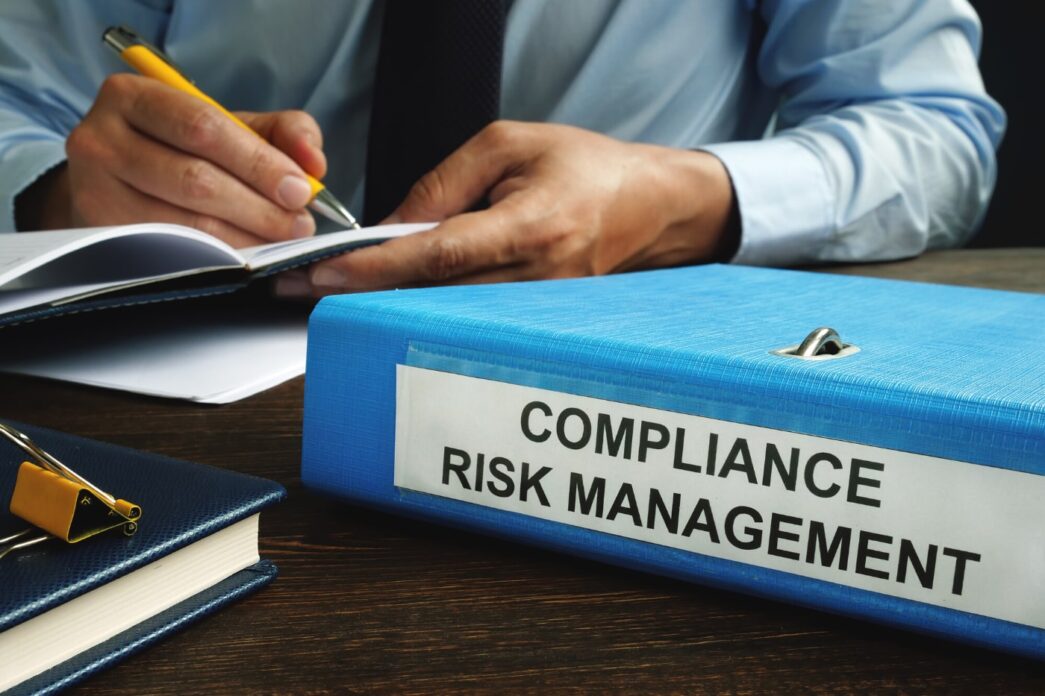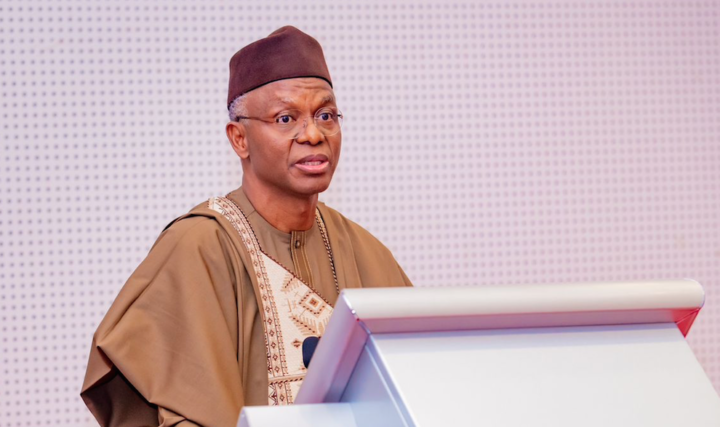BY ADEBAYO OSHINAGA
Infrastructure is the foundation of economic development, and in Africa, it’s essential for progress. From roads and bridges to energy grids and water systems, infrastructure projects are vital for improving the quality of life and boosting economic growth across the continent. However, these projects are often complex and fraught with risks. Effective risk and compliance management can make the difference between success and failure.
The infrastructure gap
Africa faces a significant infrastructure gap. The African Development Bank (AfDB) estimates that the continent needs between $130 billion and $170 billion annually to close this gap. Poor infrastructure reduces productivity by up to 40% in some African countries, slowing economic growth and development. Without proper infrastructure, trade is hampered, and access to essential services like electricity, water, and healthcare is limited.
Advertisement
To bridge this gap, Africa needs massive investments in infrastructure. However, these projects come with high risks; political, financial, environmental, and social. That’s why risk management and compliance are critical components of any successful infrastructure project.
What is risk management?
Risk management involves identifying potential problems before they occur and putting measures in place to prevent or mitigate them. In the context of Africa’s infrastructure projects, risks can come from many sources. Political instability can lead to sudden changes in government policies, which might affect a project’s progress. Economic risks, such as inflation or currency fluctuations, can increase project costs. Environmental risks, like natural disasters, can disrupt construction or operations.
Advertisement
For example, a large dam project in Ethiopia faced significant geopolitical risks due to concerns from downstream countries about water rights. By carefully assessing and addressing these risks, the project was able to proceed while managing potential conflicts.
A good risk management strategy doesn’t just identify risks, it actively seeks ways to reduce their impact. This might involve diversifying funding sources, purchasing insurance, or building flexibility into the project timeline and budget.
The importance of compliance management
Compliance management ensures that infrastructure projects meet all relevant legal, regulatory, and ethical standards. This is particularly important in Africa, where regulations can vary widely from one country to another. Failure to comply with these regulations can lead to delays, fines, or even the cancellation of a project.
Advertisement
For example, in South Africa, the Medupi Power Station project experienced significant delays and cost overruns due to non-compliance with environmental regulations. Originally estimated to cost $7 billion, the project’s final price tag exceeded $13 billion because of fines and the need to retrofit pollution controls. This example highlights how non-compliance can lead to financial and operational challenges.
Compliance isn’t just about avoiding penalties. It’s also about building trust with stakeholders. Investors, governments, and local communities are more likely to support projects that follow the rules and consider the broader social and environmental impacts.
How data can improve risk and compliance management
In today’s world, data and technology play a crucial role in managing risks and ensuring compliance. By analysing data, project managers can identify potential risks early and make informed decisions. For example, geospatial data can help assess environmental risks, such as the likelihood of flooding or erosion, which can then be addressed in the project’s design and planning stages.
Advertisement
The African Union’s Programme for Infrastructure Development in Africa (PIDA) emphasises the importance of using data to improve project planning and execution. By relying on data-driven approaches, PIDA aims to reduce delays and cost overruns, making infrastructure development more efficient and sustainable.
Collaboration is also key. Governments, private sector partners, and development banks must work together to manage risks and ensure compliance. In many cases, international partnerships provide the technical expertise and financial backing needed to navigate Africa’s complex regulatory environments.
Advertisement
Economic benefits of effective risk and compliance management
Managing risks and ensuring compliance do more than just protect projects,they also unlock economic opportunities. When infrastructure projects are completed on time and within budget, they provide a solid foundation for economic growth. They create jobs, improve access to essential services, and attract further investment.
Advertisement
For example, the World Bank has found that improving risk management and compliance in infrastructure projects could help reduce Africa’s infrastructure financing gap by 10-15%. This would bring in billions of dollars in additional investment, helping to fund more projects and further close the infrastructure gap.
Moreover, successful projects build confidence among investors. When investors see that risks are well-managed and regulations are followed, they are more likely to invest in future projects. This creates a positive cycle of investment and development that benefits the entire continent.
Advertisement
Building a resilient future
Africa’s infrastructure challenges are significant, but they are not insurmountable. With effective risk and compliance management, the continent can build the infrastructure it needs to support long-term economic growth and improve the quality of life for its people.
As Africa continues to develop, the importance of these management practices will only grow. By integrating risk management and compliance into every stage of infrastructure projects, from planning to completion, Africa can ensure that its projects are not only successful but also sustainable and resilient.
The path forward will require collaboration, data-driven decision-making, and a commitment to following best practices. However, with the right approach, Africa can overcome its infrastructure challenges and build a brighter future for all.
This approach will not only safeguard the projects but also help create an environment where infrastructure development thrives, bringing lasting benefits to communities across the continent.
Adebayo Oshinaga is a seasoned risk management professional with extensive experience in infrastructure projects across Africa. His work emphasises proactive risk identification and mitigation, ensuring that infrastructure projects remain resilient and sustainable in the face of challenges such as political instability, regulatory changes, and financial volatility.
Views expressed by contributors are strictly personal and not of TheCable.







